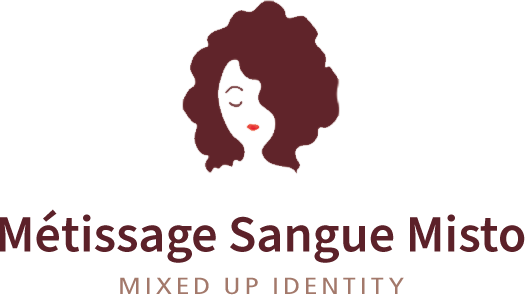See on Scoop.it – THE ONE DROP RULE – LA REGOLA DELLA GOCCIA UNICA
Multiculturalism is a philosophy centered on discussions on the proper way for different cultures to interact. In the age of business globalization, people from diverse cultures need to work together in a number of settings and in fields such as business, politics and humanitarianism. The ethics of multiculturalism is a developing field of social philosophy that includes several different approaches.
Reasons for Multiculturalism
Multiculturalism goes beyond refraining from prejudice; it delves into organizations using everyone’s intrinsic differences to improve organizations . Most people have used their cultural norms as building blocks on their way to becoming a successful individual. Society and culture also sustains and supports people as they continue to grow. How this is accomplished is a unique experience that can be used to the benefit of all. The best of everyone’s culture and experience can be brought to the table and used to improve a project, business or institution.
Multiculturalism in the Workplace
The idea that everyone should be free to pursue whatever makes them happy leads to groups of people with divergent goals. For example, everyone in an office works and earns money for different reasons. One person’s goals may be family oriented, another may have spiritual or creative goals. Multicultural philosophies strive to incorporate these goals to create cohesive teams.
Multicultural Issues
Multiculturalism can be tricky because the philosophy asks people to consider and discuss differences that society often tells us to ignore. Multiculturalism goes past fairness and tolerance, and ventures on acceptance. The philosophy proposes that ideas from a person’s cultural choices, race, religion, sexual-orientation and nationality shouldn’t necessarily be ignored but embraced and incorporated. Still, many people find multiculturalism personally intrusive or offensive.
Ethics of Multiculturalism
Multicultural philosophies have various opponents and supporters — both using a type of ethics as the backbone of their arguments. Some challenge multiculturalism as a diversion from accepted scientific principles because many cultures hold more mystical beliefs that could be incorporated into society. Others see "multiculturalism" as a new word for an old ethical ideal –open-mindedness. The best idea deserves to be highlighted. It shouldn’t matter if the best idea came from a different cultural source. Multicultural philosophies encourage understanding that brings social neutrally to cultural ideas.
By Roslyn Frenz




